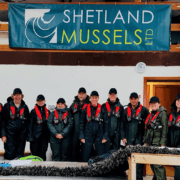When it comes to Seafood, Sustainability is Key
Sustainability
Sustainability. It’s a word that is bandied around a lot these days. And at Scottish Shellfish it’s at the very heart of what we do. But do you know what it actually means?
A fragile balance
Today, we’re very aware of environmental issues. We’re bombarded with shocking pictures of wildlife (birds, seals and fish in particular) festooned or swathed in plastic waste that we’ve simply discarded, which threatens their wellbeing and potentially their very existence. But does our awareness translate into action?
Sustainability defined
When it comes to the environment, it’s clear our global practices need to change. You can read the science bit here but the basic definition of sustainability – one which we can all understand – is the creation, build and use of items and organisations which won’t damage our environment or our society, in a bid to protect our future and our children’s future.
But more than simply understanding the definition of sustainability, it’s important that we take the time to consider the consequences of our current global behaviour if it continues unchecked. The scale of the problem we face can be daunting, but we can all do our bit to arrest, if not reverse the damage done.
Scotland at the forefront
When it comes to seafood and Scottish seafood in particular, sustainability is key. Thanks to our cold, clear waters, as a nation our seafood and our shellfish are amongst the most celebrated. Here’s some stats which might surprise you…
- Scotland is one of the largest seafood producers in Europe
- Scottish seafood (via the Scottish Development International) was the official partner of the World Gourmet Summit in Singapore in 2016
- We’ve got one of the most modern fishing fleets in Europe
- Over two thirds of the world’s langoustines are sourced from Scottish waters.
And we’re no slackers either when it comes to the Marine Stewardship Council (MSC) accreditations.
What is the MSC?
Scotland holds more Marine Stewardship Council (MSC) accreditations than most EU countries. Established in London in 1997, the Marine Stewardship Council (MSC) exists to ensure that global fisheries commit to sustain stocks in the wild instead of aquaculture farmed fish. MSC-certified fish is now available in a total of 97 countries, and 10% of all wild seafood is now being caught to the MSC standard.
Sustainability at Scottish Shellfish
It’s easy to understand why, as UK's premier producer of finest quality shellfish, Scottish Shellfish take sustainability so seriously. Our rope grown mussels are a great example of sustainability in practice. We suspend ropes from floats in the sea. Once the ropes are in place, our intervention stops. The young mussels settle naturally on our ropes and then grow simply by feeding on sea plankton. They don’t require any other feed source. Because they grow by suspension, there’s no dredging which means they’re grit free when harvested.
When it comes to oysters, cultivation is similar, although instead of using ropes, we grow them in special mesh bags held on trestles in the inter-tidal zone. With an extremely low carbon footprint, our mussels and our oysters are arguably one of the most environmentally friendly food products around.
Do your bit
You don’t just have to take our word for it. Our oyster and mussel farms are independently certified by the Friend of the Sea. When you buy your seafood from us you’re doing your bit for the environment.
Now you’re here, take some time to browse our site, read our blog, and check out our recipes, safe in the knowledge that you’re making responsible choices which will help all of us secure the future of our seas.


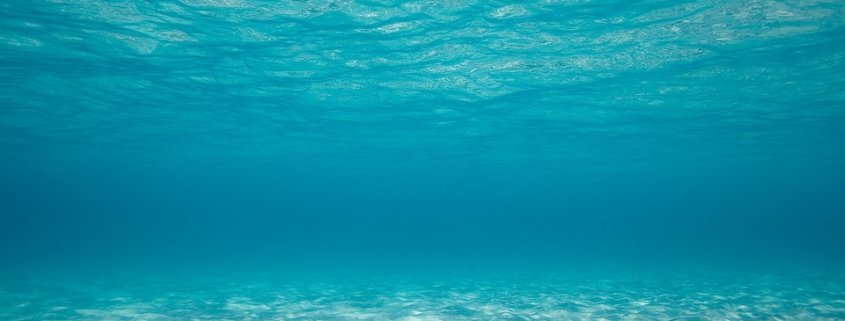
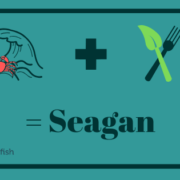
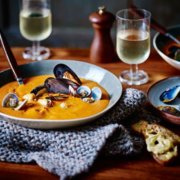
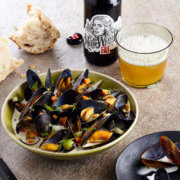
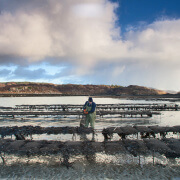
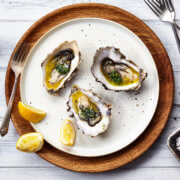
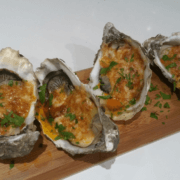
 https://www.allrecipes.com/recipe/200657/crab-rangoon/
https://www.allrecipes.com/recipe/200657/crab-rangoon/